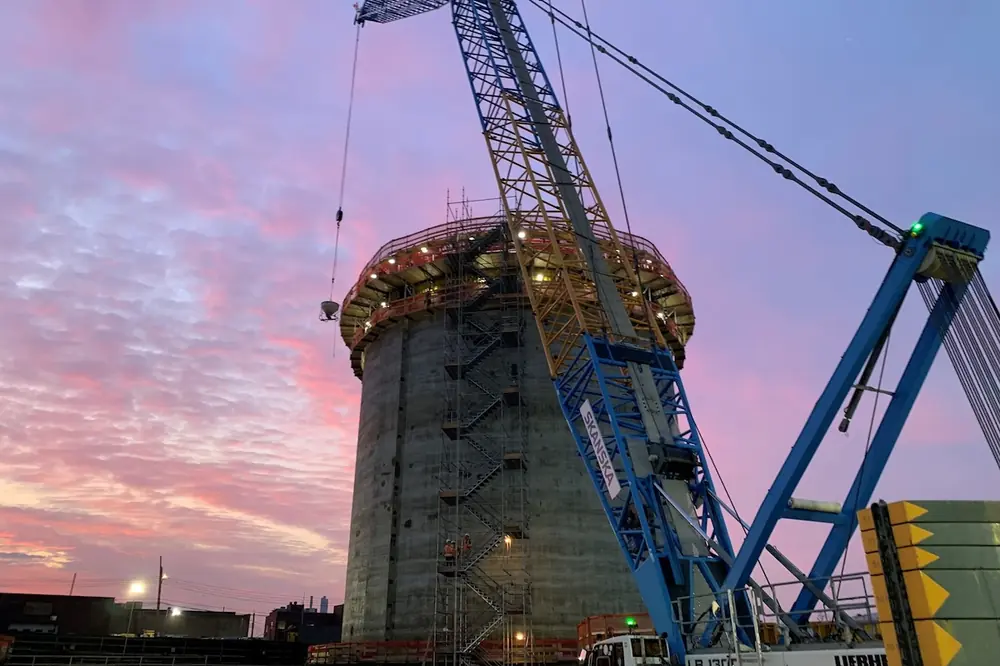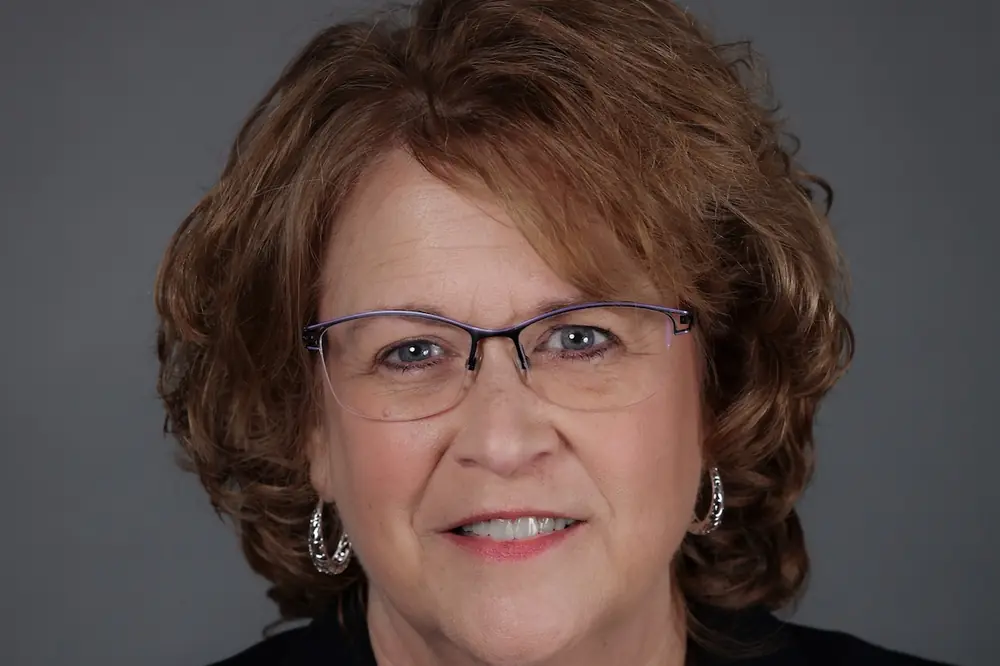As part of the organization’s initiative to expand its physical capacity for homeless women and families, Wheeler Mission is constructing a 40,000-square-foot Center for Women and Children that will add onto their existing building in downtown Indianapolis. This project will double the size of Wheeler Mission’s Indianapolis facility, adding 164 permanent beds which include 84 new family shelter beds, 40 emergency shelter beds, and 30 transitional apartments for mothers with children.
Wheeler Mission expects this project to stimulate a 50 percent increase in programming for their Indianapolis guests and Wheeler Mission CEO Rick Alvis said women with children will benefit most for this program expansion. Programs currently offered to guests include counseling, job training, addiction recovery, social enterprise, and other services.
“We’re going to be able to step up our game when it comes to providing quality services to women and to women with children,” Alvis said. “It’s exciting to see this thing come together.”
According Wheeler Mission’s website, women and children are the fastest growing segment of the homeless population, with 85 percent of homeless families headed by single women. The organization says they are forced to turn down 700 requests for beds each month in Indianapolis because their facility is at full capacity. Most nights, they set up cots on their gym floor because their Center for Women and Children has more women than it does beds.
As it currently stands, Wheeler Mission’s downtown facility includes only eight or nine motel-like family units.
“Families need some privacy, and they don’t get that how we are set up now,” Alvis said. “We’re limited in the number of units we have for families and women with children, and the new facility has 30 of those units in it.”
On each floor of the new center, kitchenettes are included to give families a private dining option. Instead of eating their meals in a congested cafeteria setting, families will soon be able to take food back to their secure units and spend quality time with their loved ones while eating.
Additional family-friendly areas such as a relocated childcare space, a spacious dayroom, and a relaxing rooftop terrace will provide further support to vulnerable families in need of comfort and protection
The childcare area, which functions as an indoor play space for kids, will be much larger and will relocate from the basement of the existing facility to the first floor of the new Center. In its new location, Alvis said the childcare area will become a safer and more convenient setting for families to spend time with their children.
Wheeler mission’s current facility often becomes crowded due to overpopulation and a lack of common areas. For this reason, Alvis said it was critical that the new center add a space for guests to take shelter where they will not have to worry about overwhelming crowds. Alvis said Wheeler Mission’s existing cafeteria is the only place where guests can relax during the day, but this area is not equipped to host the number of guests who currently occupy it, especially during a pandemic. An added dayroom in the new facility will include assorted furniture arrangements and will have the capacity to host nearly 100 guests after the pandemic.
A rooftop terrace covered in greenery and furnished with various seating arrangements will add another relaxing environment for women to get away and spend time outdoors.
“We really want women to feel like they’re in a secure area,” Alvis said.
An authorized card system will control door locks in the new center so guests and staff can only access areas of the facility that have been approved for their entry. Security cameras will also monitor the entire facility to ensure the safety of guests, staff, and visitors.
Families and individuals will be able to meet with community service providers in new appointment visiting rooms. Much like Wheeler Mission’s new childcare area, the onsite medical and mental health clinic will be relocated from the basement of the old facility onto the main floor of the new facility. Alvis said medical volunteers who come to assist Wheeler Mission’s downtown guests will soon work in a more accessible clinic area that will include examining rooms resembling a typical medical office.
As of December 2020, this project is on schedule to complete by the end of May 2021.






































































